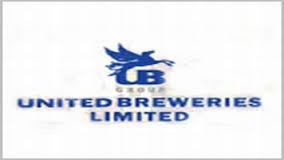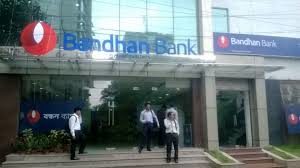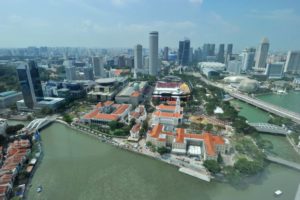 Private sector lender Yes Bank has invoked 3.02 percent stake of United Breweries , pledged by McDowell Holdings, a unit of Vijay Mallya-led UB Group, by selling shares worth Rs 778 crore.
Private sector lender Yes Bank has invoked 3.02 percent stake of United Breweries , pledged by McDowell Holdings, a unit of Vijay Mallya-led UB Group, by selling shares worth Rs 778 crore.
The move comes after State Bank of India (SBI) declared Mallya, Kingfisher Airlines and its holding company United Breweries Holdings, as willful defaulters for defaults on nearly Rs 7,000-crore loans to the long-grounded carrier.
In a notification to exchanges, United Breweries said that Yes Bank has invoked a total of 79.81 lakh shares, amounting to 3.02 percent stake. These shares were pledged by McDowell Holdings.
At Friday’s closing price of Rs 974.80 apiece, the shares sale of United Breweries is valued at Rs 778 crore.
Yes bank has invoked the stake “to secure loans given to group companies.”
Currently, Mallya and his family members hold 34.04 percent stake in United Breweries through various companies and 15.57 percent of stake was pledged with various financial institutions.
Now, Heineken is the largest shareholder of United Breweries with 42.22 percent stake.
Last week, Yes Bank had sold 4.25 lakh shares of United Breweries, India’s largest brewer that makes Kingfisher Beer, for Rs 39.48 crore through an open market transaction. These shares were purchased by Heineken International BV, the maker of Heineken beer.
Meanwhile, the 17 lenders to the airline had said they will e-auction the assets of the grounded airline, in their latest bid to part recover their dues of around Rs 7,000 crore and accrued interest on the principal, that has not been serviced since January 2013.
The airline, owned by flamboyant liquor baron Mallya, had taken Rs 6,900 crore from a consortium of 17-lenders, led by SBI, in early 2010 after a second debt restructuring for the airline.
United Brewerie stock price On November 30, 2015, United Breweries closed at Rs 952.05, down Rs 22.75, or 2.33 percent. The 52-week high of the share was Rs 1225.00 and the 52-week low was Rs 732.05.
The company’s trailing 12-month (TTM) EPS was at Rs 9.80 per share as per the quarter ended September 2015. The stock’s price-to-earnings (P/E) ratio was 97.15. The latest book value of the company is Rs 69.95 per share. At current value, the price-to-book value of the company is 13.61.
Source: http://www.moneycontrol.com/news/business/yes-bank-invokes-united-breweries-shares-worth-rs-778-cr_4373361.html



